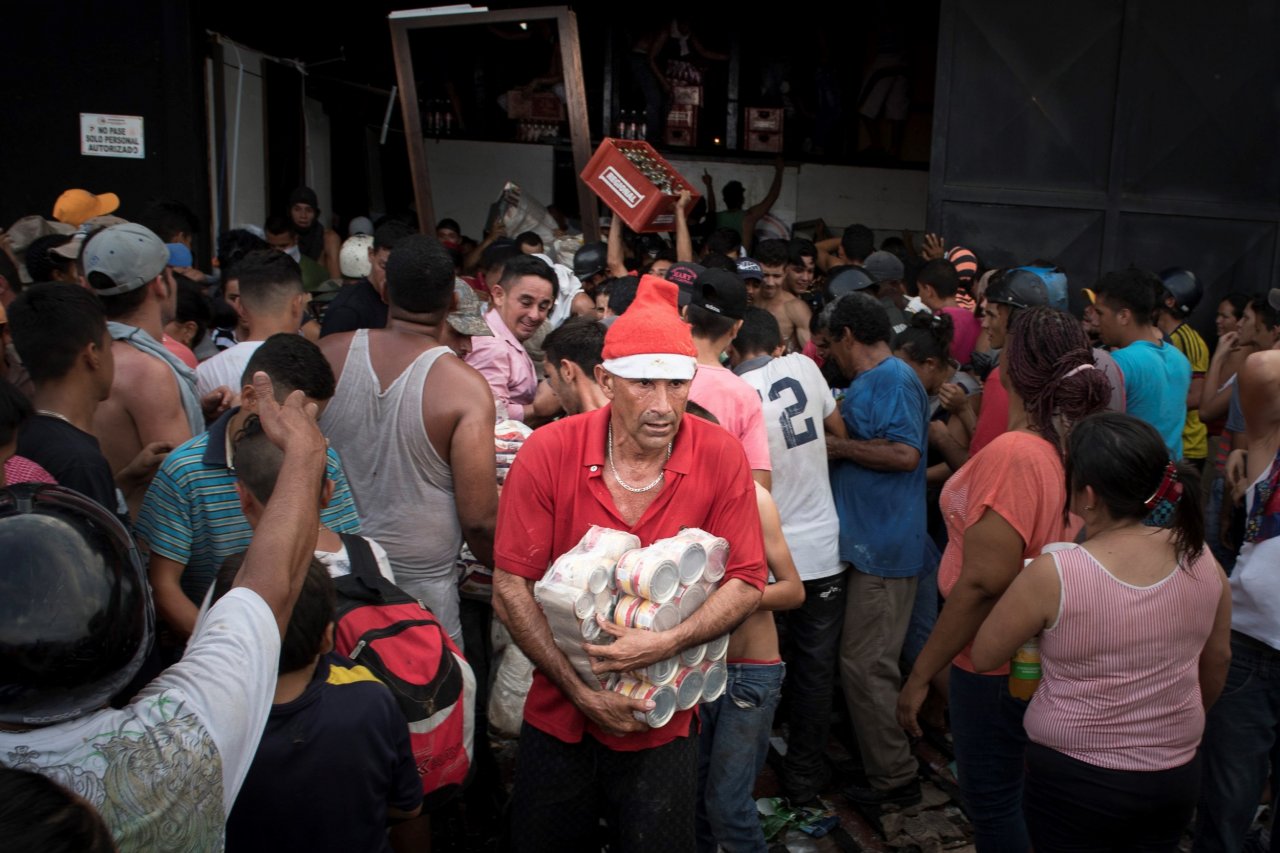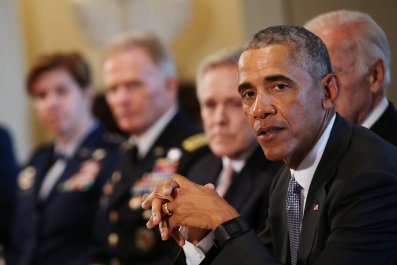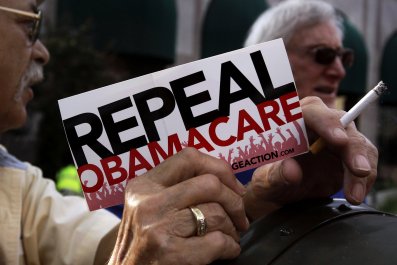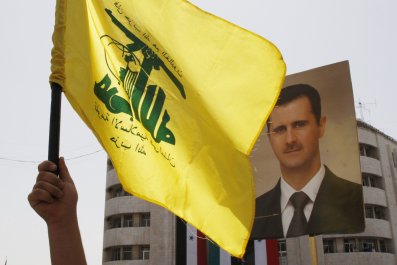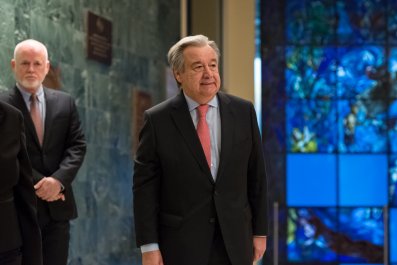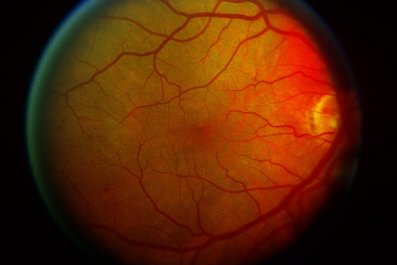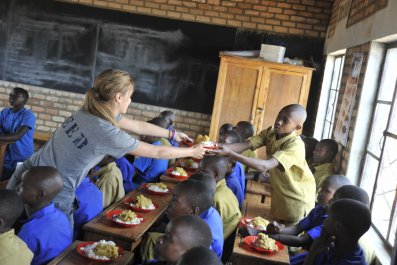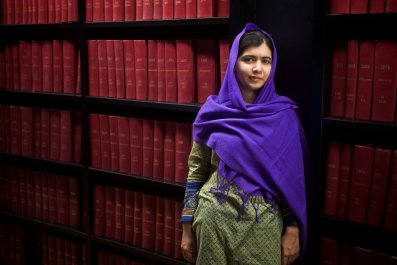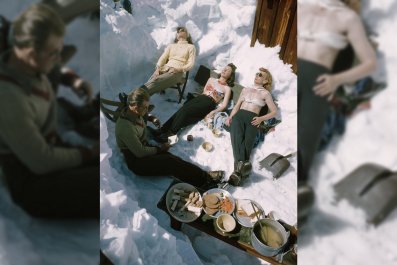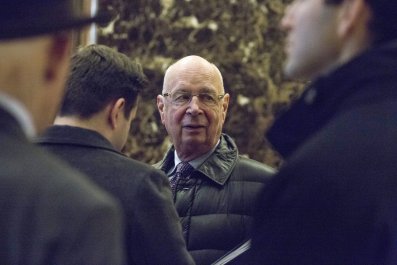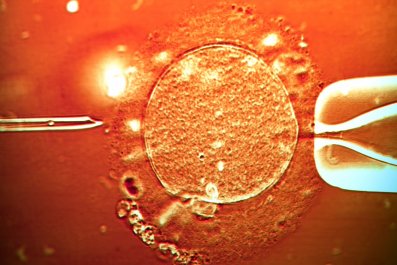Squeezed in between the mountains in north central Venezuela, not far from the Caribbean Sea, lies a green valley, rich with sugarcane. These fields used to produce a reliable cash crop for the villagers of Tocorón. Now, however, food is scarce, and some are forced to eat what they grow, even though it has almost no nutritional value. "Much has changed!" says Ramona Bolívar, a resident, as she stands in her backyard, chewing a piece of cane.
Like many villages in Venezuela, Tocorón is being crushed by a national economic crisis. The government blames the collapse of oil prices and companies allegedly trying to sabotage President Nicolás Maduro. Others, however, blame a dependence on oil and years of socialist-inspired policies by Maduro and his predecessor, Hugo Chávez. Either way, the country is now plagued by chronic shortages, rampant crime and waves of looting.
Yet the villagers of Tocorón are lucky. They have an ally in their desperate daily scramble for food: the local prison. This facility has all the products big cities don't: sugar and shampoo, diapers and deodorant, toothpaste and toilet paper—all of it for sale in a bizarre black market behind bars, which has citizens—at least those who can afford it—trying to enter prison for food.
"Locals come here to do their shopping," says Julio, an inmate at Tocorón, who like most inmates Newsweek interviewed asked only to be identified by his first name because of security reasons. "Sometimes we can't even buy products because visitors always come first."
Whereas most other prisons in Venezuela are on the verge of collapse, many inmates feel fortunate to have ended up in Tocorón. According to Carlos Nieto, the director of A Window to Liberty, a local nongovernmental organization, Venezuela's prisons have close to 95,000 inmates—nine times more than the system can hold. The miserable conditions inmates face—poor sanitation, overpopulation and violence—have been exacerbated by the economic crisis. In some cases, inmates have been forced to eat stray dogs to avoid starvation.
Compared with such dire conditions, Tocorón seems like a country club. It has a gym, a pool, a nightclub, restaurants, small convenience stores and even a zoo. Sure, there's violence, but there's also plenty of food and no long lines. To pay for these amenities, the prison kingpin charges a monthly tax to every inmate: 1,500 bolivars—roughly 53 cents.
Every Tuesday and Thursday, inmates sell a bag containing food staples inside the prison. This bag looks similar to the one sold by the government through its new food distribution system, designed to alleviate shortages. Many Venezuelans believe inmates' bags and government bags both come from the same place: They're either stolen or procured from the government and sold on black market.
Bolívar doesn't know where the bags come from. But the food she buys at the prison is cheaper than what she can purchase through official channels. Which is why, every week, she lines up outside, waiting to do her shopping.
As she puts it: "We go in and out as if we own the place."



